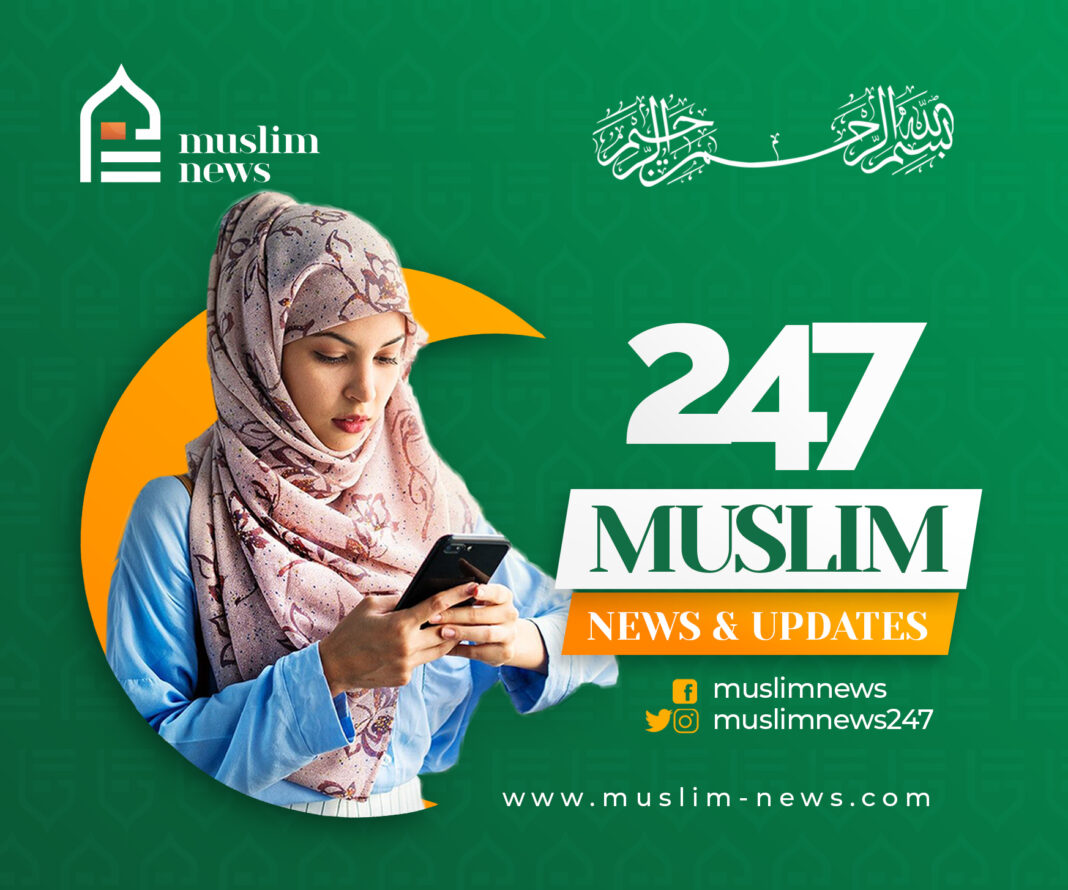The Nigerian Content Development and Monitoring Board (NCDMB) says it will host the Nigerian Content Consultative Forum (NCCF) Diversity Sectoral Working Group Conference this month as part of its commitment to increasing women’s participation in the Nigerian oil and gas industry.
The theme of the conference, which will take place in Lagos on June 14, 2022, is “Leveraging Opportunities for Women in the Oil and Gas Industry.”
Engr Simbi Wabote, Executive Secretary of the NCDMB, will deliver the keynote address on “Leveraging Opportunities for Female Participation in the Oil and Gas Industry,” while Chief Timipre Sylva, Minister of State for Petroleum Resources, will deliver a ministerial address.
The wife of the Vice President, Dolapo Osinbajo, is expected to attend the conference, as are the Federation’s Head of Service, Folasade Yemi-Esan, the Managing Director of SNEPCo, Elohor Aiboni, the Chairman of OPTS/MD of Chevron Nigeria Limited, Rick Kennedy, and a member of the Nigerian National Petroleum Corporation (NNPC) board, Lami Ahmed.
Others include Abdulrazaq Isa, Chairman of Waltersmith Petroman Oil; Dr Amy Jadesimi, MD of Ladol; Timi Austen-Peters, Chairman of Dorman Long Engineering Limited; and Clement Isong, Executive Secretary of MOMAN.
Including women in the oil and gas industry
Despite accounting for 48% of the global labour force, women account for only 22% of the labour force in the oil and gas sector and 32% in renewables, according to International Energy Agency data (IEA).
The NCDMB has done a lot to increase women’s participation in the oil and gas industry. In October 2019, NCDMB Chairman Wabote announced that the Board would begin developing gender-friendly policies to increase access to funding, contract awards, and research and development support for women in the Nigerian oil and gas industry.
Wabote, who made the announcement at a one-day workshop for women in the oil and gas industry in Lagos titled “Mainstreaming Women in the Oil and Gas Industry,” said that since the Nigerian Oil and Gas Industry Content Development (NOGICD) Act was enacted as a deliberate agenda to get more Nigerians to participate in the oil and gas industry, there should be special initiatives to encourage women participation in the sector.
“It is estimated that women hold approximately 50% of non-technical entry-level positions, compared to only 15% of technical and field role positions.”
“With only a small proportion of women in executive positions, gender diversity decreases with seniority.The percentage of women in the industry declines over time, from 36% to 24% between the middle and executive levels,” he said, citing a Global Energy Talent Index Report study that found a chronic shortage of women in the oil and gas industry.
NCDMB will review its strategy for the Nigerian Content Intervention Fund (NCI Fund), he said, adding that “access to finance is very important, and we will look at our policy to see how we can support women who are serious about doing business.”
The Executive Secretary assured that the Board would work with project promoters in the oil and gas industry to ensure that some contracts, including the Nigeria Liquefied Natural Gas (NLNG) Train 7 project, were awarded to women-owned businesses.
He also promised that the NCDMB would encourage young girls in secondary schools to study sciences, technology, engineering, and mathematics (STEM) and would drive the collection of data on women who work in various sectors of the oil and gas industry so that they could receive assistance.
Wabote confirmed that “women constitute approximately 20% of the total number of trainees trained by the Board, and we hope to increase the number of women trained to meet the industry skilled labour demand.”
In 2017, the Board, in collaboration with the Bank of Industry (BOI), established a $200 million Nigerian Content Intervention Fund (NCIF) to provide low-cost and easily accessible credit to service firms. According to Wabote in a 2021 interview, Nigerian companies have accessed nearly 85 percent of the fund. The fund offers five types of financing: equipment financing, contract financing, manufacturing, loan refinancing, and community contractor refinancing. The loan interest rate, which is fixed at 8% with a five-year repayment period and a one-year moratorium, has allowed most Nigerian companies to refinance their loans.
At its meeting in June 2020, the Board’s Governing Council approved an increase in the NCIF from $200 million to $350 million.
The Council, presided over by Minister of State for Petroleum Resources Sylva, agreed that $100 million from the additional funds would be used to supplement the NCI Fund’s five existing loan products.
Similarly, the Council approved the deployment of $20 million and $30 million to two newly developed loan product types – the Intervention Fund for Women in Oil and Gas and the Petroleum Technology Association of Nigeria (PETAN) Products, which include Working Capital loans and Capacity Building loans for PETAN member companies.
As part of the Board’s response to mitigating the economic impact of the Covid-19 pandemic, the Governing Council approved a reduction in interest rates from 8% to 6% per year for all four loan products beginning in April 2020. The moratorium on all loan products was also extended by the Board.
As a result of the NCDMB’s deliberate actions to ensure this, some companies managed by women have benefited from the NCI Fund thus far.
Launch of the Diversity SWG
The NCDMB established the Diversity Sectoral Working Group in 2021 at a virtual engagement of the NCCF, a body established by the Nigerian Oil and Gas Industry Content Development (NOGICD) Act to facilitate stakeholder collaboration and the development of ideas for the advancement of Nigerian Content in the oil and gas industry.
Wabote, the NCDMB’s Executive Secretary, stated that the diversity SWG was formed as a result of the Board’s Women in Oil & Gas workshop in October 2019. He hinted that the Diversity SWG’s goal is to increase women’s participation in the industry and to promote all-inclusive gender policies.
He reiterated that by integrating women into the oil and gas industry, the sector will generate more economic growth. Wabote stated, “I am convinced that if we mainstream women in the oil and gas industry, we will achieve a lot.”
Wabote announced that a portion of the NCIF, which is housed at the Bank of Industry (BOI), will be set aside to assist women in the oil and gas industry.
Sections 57 and 58 of the NOGICD Act 2010 supported the creation of a robust platform for information sharing and to serve as a “think-tank” to develop policies and frameworks that will achieve long-term development of Nigerian content in the oil sector.
Alero Onosode, representing Seplat Petroleum Development Company (now Seplat Energy), Patricia Simon Hart, representing Aftrac Limited, Pricilla Thorpe-Monclus, representing Mrs Oil Limited, and Audrey Joe-Ezigbo, representing Falcon Oil and Gas Corporation Limited, are members of the Diversity SWG.
Others include Michele Aiyegbusi of SLC Resources Limited, Nkechi Obi of Techno Oil Limited, Margaret Okojokwu of Majorwaves Energy Report, Anita Okuribido of Similling Simon Limited, and Oladunni Owo of Blackgold Authorities.
$40 million intervention fund
On July 1, 2021, the NCDMB and the Nigerian Export-Import Bank (NEXIM) will launch a $40 million intervention fund for qualified women entrepreneurs in Nigeria’s oil and gas industry.
Under the scheme, the NCDMB will contribute $20 million to the pool, which will be matched by NEXIM with the same amount in naira, to be converted at the prevailing official exchange rate.
The fund, whose administration Memorandum of Understanding (MoU) was signed by NCDMB CEO Wabote and NEXIM Bank Managing Director Abubakar Bello in mid-2021, would cover manufacturing, oil service contracts, environment management, leasing, logistics, catering, and training.
Firms where women hold a majority shareholding of 51% or where at least 50% of management are women or where the Chief Executive Officers and at least 40% of management are women are the target beneficiaries.
According to Wabote, who spoke at the signing ceremony, the maximum amount that a single obligor can borrow is $500,000, or its Naira equivalent at the official exchange rate at the time of borrowing.
He confirmed that the tenor would be up to five years and that the applicable interest rate would be 5% all-in per annum, fixed for the duration of the loan.
Wabote also stated that the maximum processing time will be 21 working days from the date the applicant provides all required documentation, and that all applications will be submitted via the web.
In his remarks, NEXIM Managing Director Bello stated that the collaboration with the Board fits into the Bank’s framework for supporting inclusion as well as its strategy to grow Nigeria’s service industry to the point of export to the West African region and other oil and gas economies.


